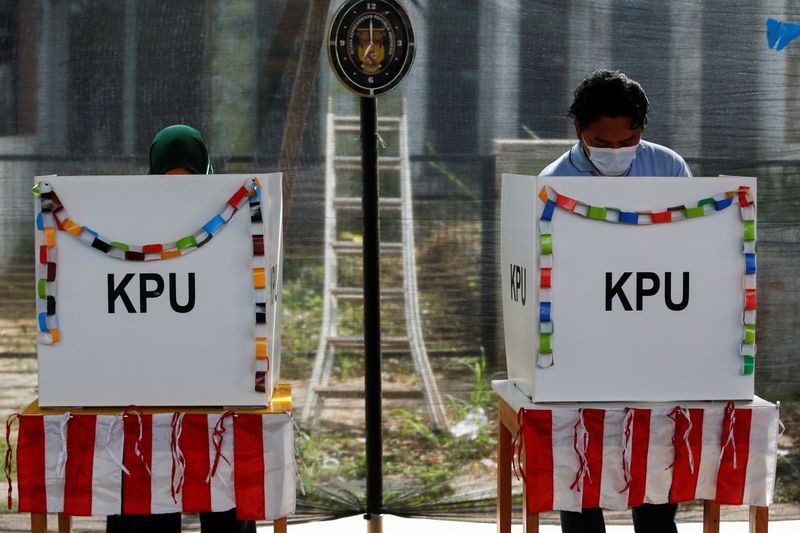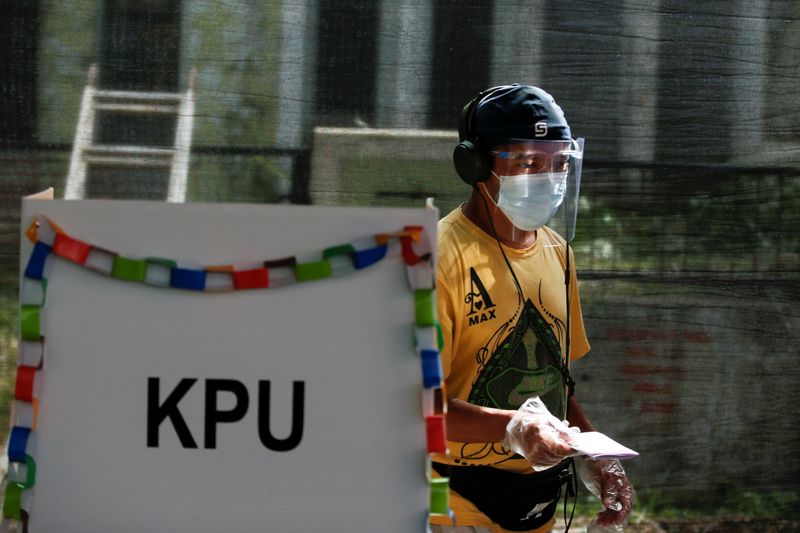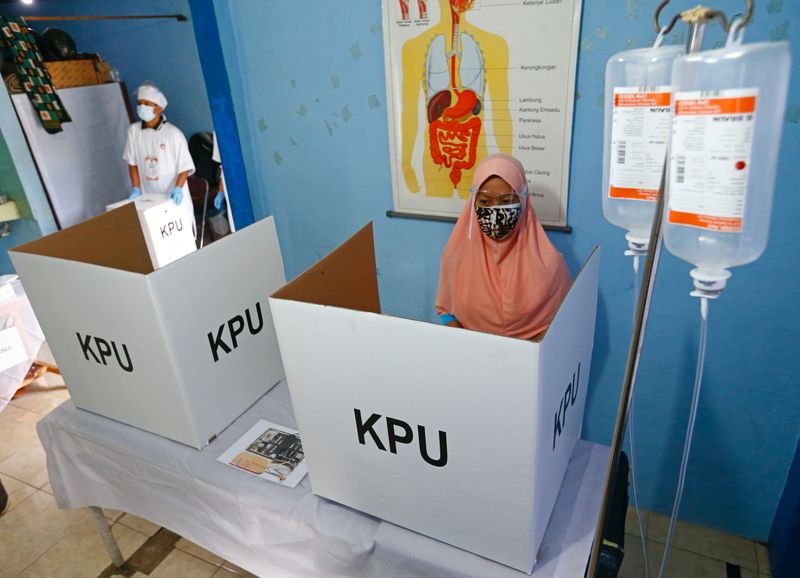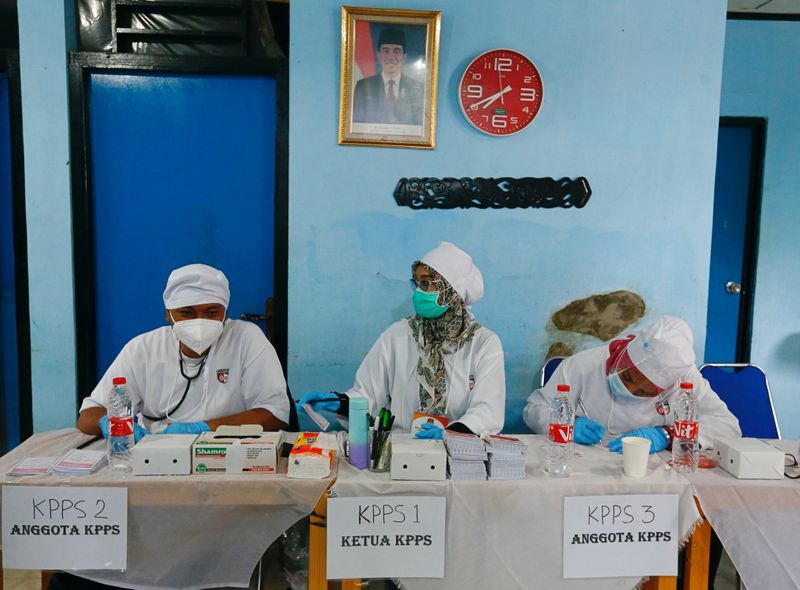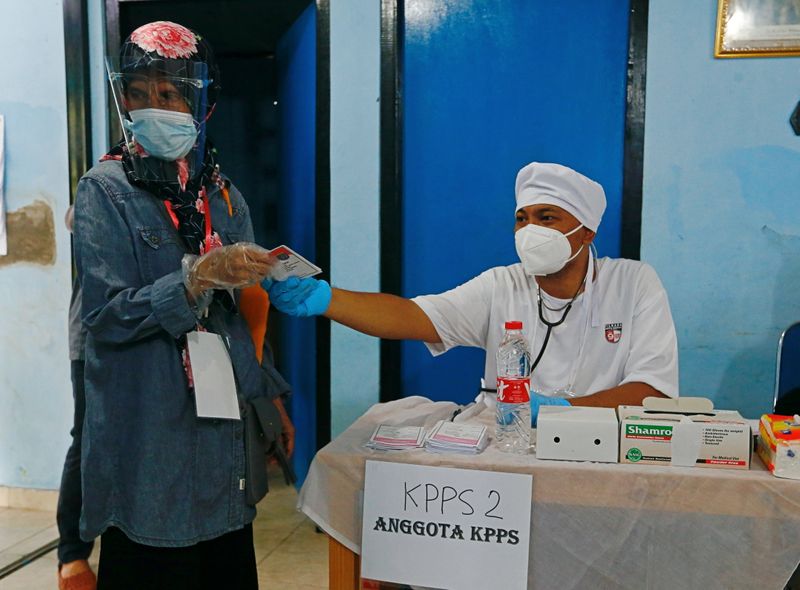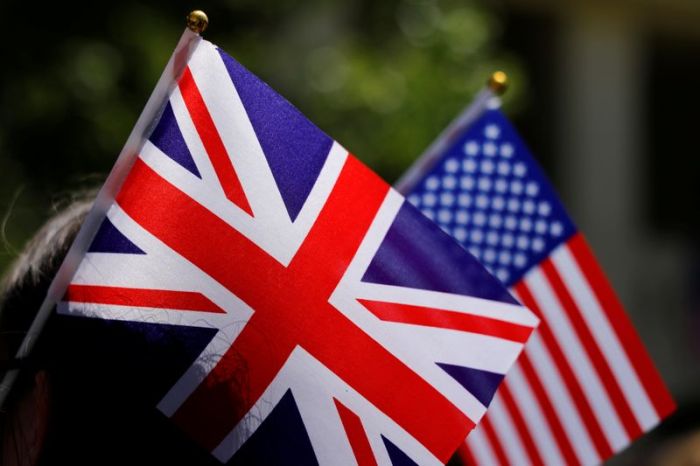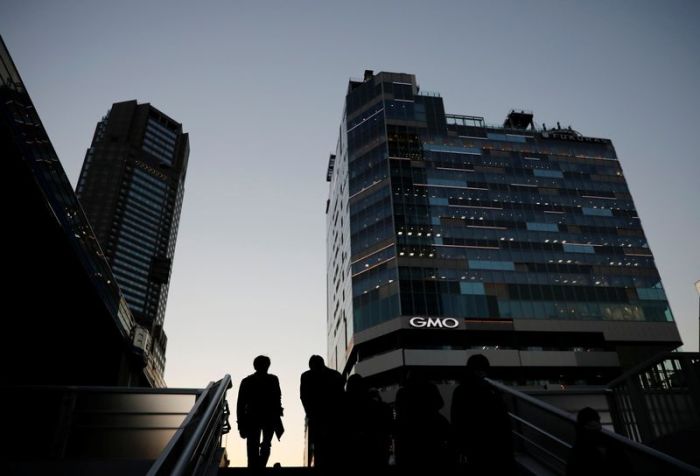JAKARTA/DEPOK, Indonesia (Reuters) – Indonesian President Joko Widodo’s son and son-in-law were among candidates on track to win posts in regional elections on Wednesday after polls that health experts have warned could spark new coronavirus clusters across the archipelago.More than 100 million people were registered to vote in the polls, a mammoth logistical task even without a pandemic, with nearly 300,000 polling stations in 24 districts and 37 cities.
The vote in the world’s third-biggest democracy comes as Indonesia struggles to contain Southeast Asia’s worst COVID-19 outbreak, with more than 592,000 infections and 18,000 deaths.On Wednesday, it recorded its highest daily COVID-19 death toll of 171, but voter enthusiasm did not seem to have been significantly dampened in many areas.”Of course, we are all worried during this pandemic but as a good citizen of this country I want to participate in this election,” said Rusdiana Jarkasih, who voted in Depok in West Java as volunteers handed out gloves and checked temperatures.The regional polls had been pushed back once but the government ignored calls from health experts and Islamic groups for a second postponement.Epidemiologist Pandu Riono warned that with about 100 million Indonesians active at the same time “it’s very likely that new clusters will emerge”.
But the chief security minister, Mahfud MD, disputed such assessments.
“There is no real link between the amount of COVID infections and the regional elections as shown in the data we’ve seen,” he said.
While some countries in the region including South Korea and Singapore appear to have held elections successfully during the pandemic, Malaysia attributed a spike in cases to an election in its second-largest state of Sabah.
DYNASTIC POLITICS
Alongside health worries, many relatives of prominent politicians contested seats this year, raising concern about a renewal of dynastic politics in a country long dominated by old elites.
Among the most closely watched contest was in the city of Surakarta on Java island, where the president’s eldest son, Gibran Rakabuming Raka, looked set to become mayor – a position once held by his father.
An unofficial quick count by pollster Charta Politika showed Gibran with 87.19% of the vote, with 97.5% of votes counted.Quick counts calculate election results by projecting them from a sample of votes at polling stations.Political analysts have pointed to an almost threefold increase in dynastic candidates this year compared with regional elections in 2015.
In the city of Medan on Sumatra island, a quick count also showed the president’s son-in-law, Bobby Nasution, appearing to be on course to winning his mayoral bid.
Official results are expected in the next 10 days.
(Additional reporting by Tabita Diela; Writing by Kate Lamb; Editing by Ed Davies, Robert Birsel)

